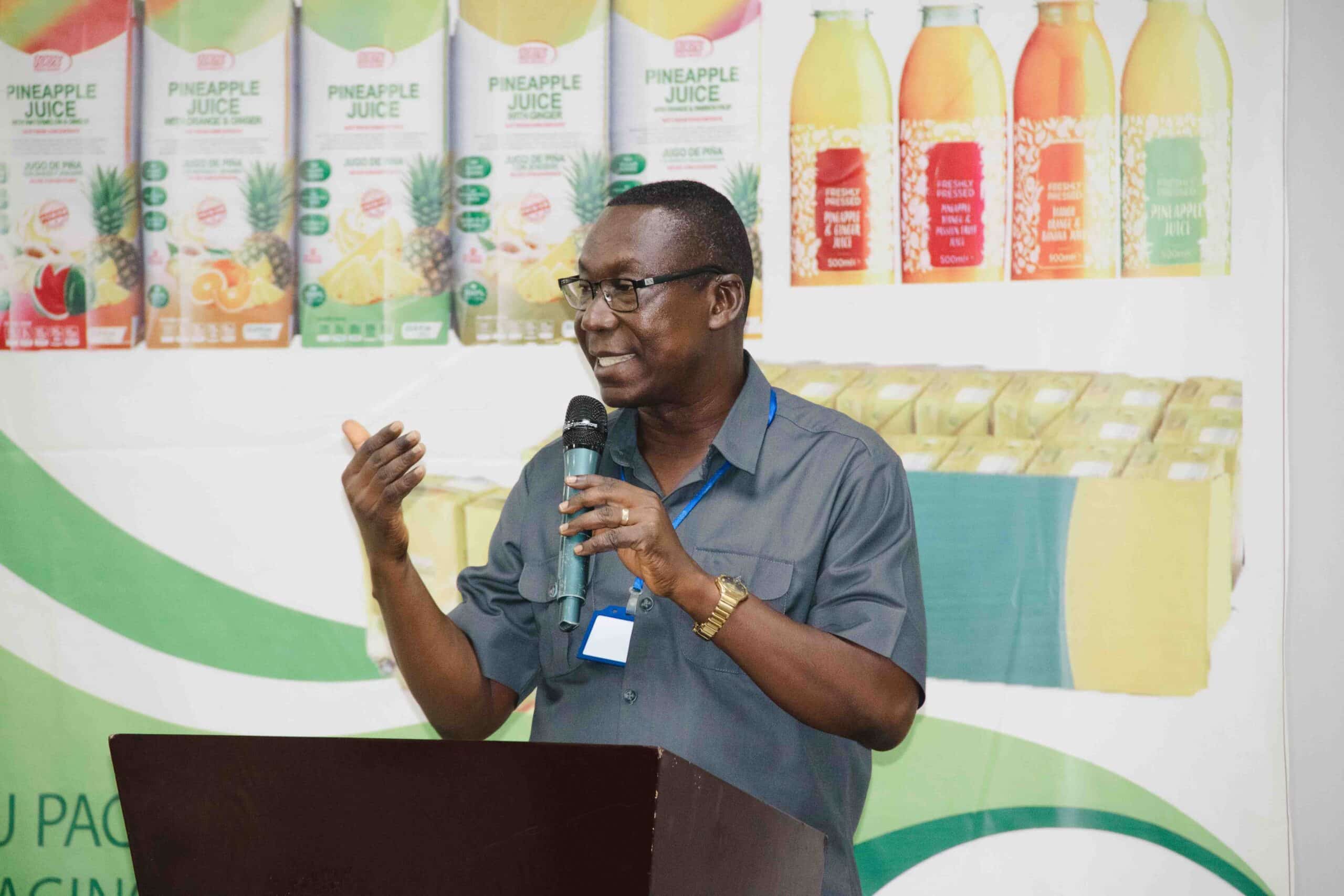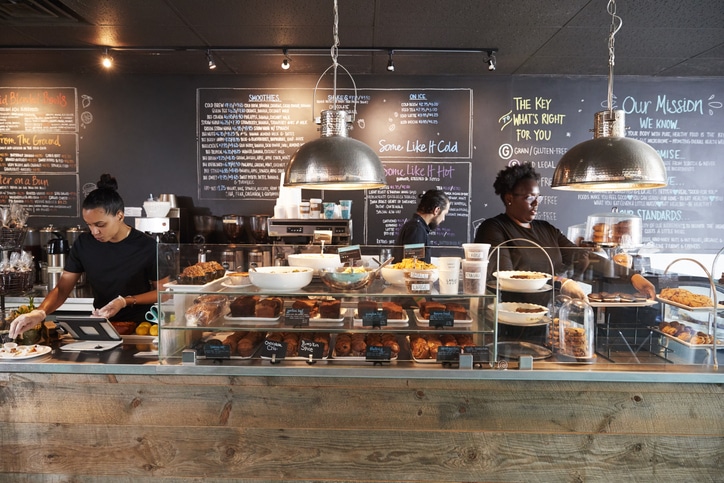In the first few weeks of January, the ‘Brexit effect’ was clearly visible in Irish supermarkets with Tesco stores displaying notices that certain products would not return to shelves until late January or February, and empty M&S shelves making headlines.
A notice in an M&S store in Dublin city centre announced “Following the UK’s recent departure from the EU, we are transitioning to new processes and it is taking a little longer for some of our products to reach our stores. We’re working closely with our partners and suppliers to ensure customers can continue to enjoy the same great range of products. We apologise for any inconvenience caused”.
Haulage firms have been outspoken in pointing out the delays and the associated risks to the food supply chain. The Freight Transport Association of Ireland (FTAI) penned a letter to Irish government leaders in early January warning of a “growing backlog of goods” from the UK to Ireland, including food supplies.
Although efforts are being made to prioritise fresh food, delays increase the risk of spoilage with the potential for huge amounts of food waste.
Northern Ireland – added complexity of Brexit impact on food supply
Northern Ireland poses a set of unique challenges and additional requirements due to begin in April are putting huge pressure on UK retailers to find solutions quickly.
The current trade plan between the UK and EU is not designed for just-in-time supply chains that are required for keeping supermarkets stocked with fresh food.
Andrew Opie, director of food and sustainability at the British Retail Consortium commented that the current trade plan between the UK and EU is not designed for just-in-time supply chains that are required for keeping supermarkets stocked with fresh food.
A group of UK retailers echoed this in a letter to the UK Cabinet Office warning of “significant disruption to (Northern Ireland) food supplies”, adding that it is “essential we find a long-term solution, agreed with the EU”.
Representatives from Sainsbury’s, M&S, Tesco UK, Asda, Iceland Foods, the Co-Operative Group and the British Retail Consortium signed the letter.
The UK Cabinet Office have reassured consumers that Northern Ireland food supply is under consideration and that a newly established team “will be working with supermarkets, the food industry and the Northern Ireland Executive to develop ways to streamline the movement of goods.”
Re-engineering food supply chains
In the UK, the Food and Drink Federation cautioned that the Brexit effect will likely increase food supply costs due to ‘re-engineering’ supply chains.
Chief executive Ian Wright stated, “Unless the deal changes in some material way, we’re going to see the re-engineering of almost all the EU-UK and GB-NI supply chains over the next six to nine months”.
Brexit impact on food supply combined with the global pandemic are again re-emphasising the importance of a robust food security strategy and programme for all countries.
Streamlining and safeguarding food supply chains
The aftermath of Brexit has highlighted the challenges facing the food supply chain between the UK, Ireland, and Northern Ireland, revealing the intricate dependencies and the need for robust, adaptive strategies. Farrelly Mitchell, with its deep expertise in supply chain optimisation, food safety, and policy and regulations, stands ready to assist stakeholders in navigating the complexities of post-Brexit trade and logistics.
We collaborate with companies to identify opportunities for improvement, streamline processes, and implement resilient supply chain models that withstand the challenges of Brexit and beyond. Contact our team today to explore how our strategic guidance can fortify your supply chain, safeguard food security, and navigate the evolving regulatory and trade environment effectively.














